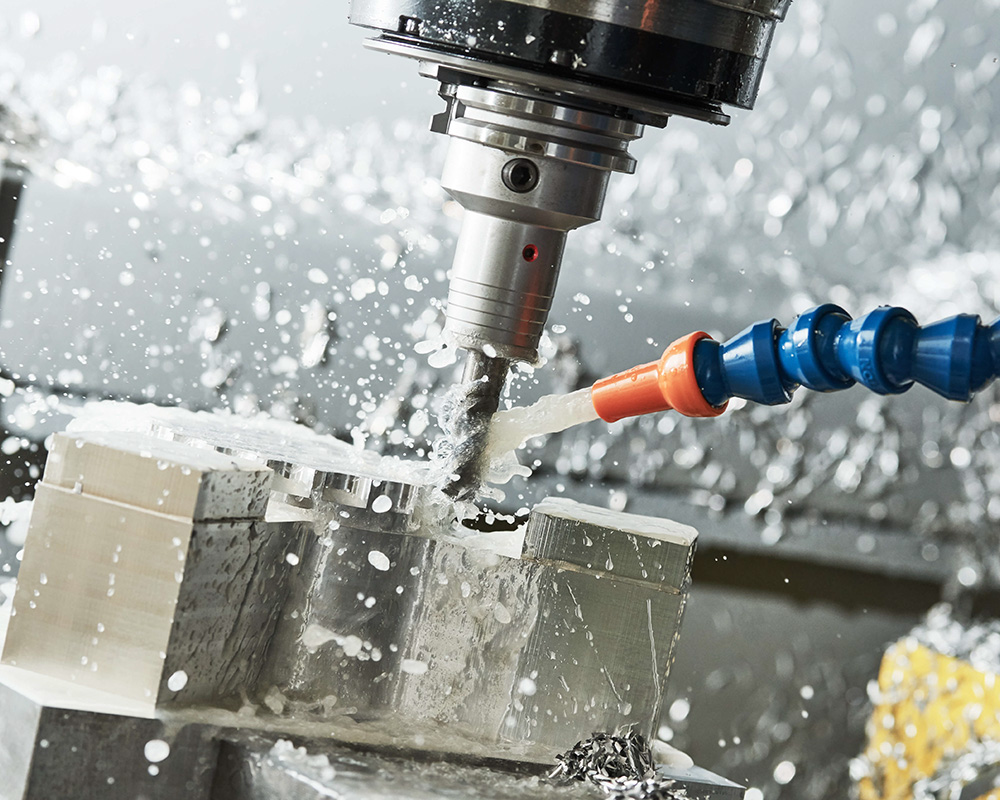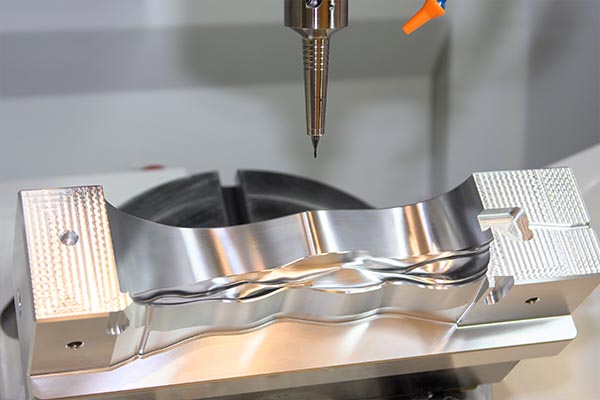CNC Machining Services: Revolutionizing Manufacturing with Precision and Effectivity
CNC Machining Services: Revolutionizing Manufacturing with Precision and Effectivity
Blog Article
CNC Machining has transformed manufacturing industries, offering an efficient and precise technique for manufacturing parts and components across many industries. The latest technology makes use of computer-controlled machinery to perform cutting and drilling, milling and many other actions on material types like metals plastics, and wood. The level of precision achieved with CNC machining is unparalleled which allows complex designs to be carried out with incredible precision. With the replacement of manual work through automation, CNC machines have significantly reduced the possibility of human error and increased manufacturing speed. This combination of precision and efficiency has helped make CNC machining a vital component of the modern manufacturing process.
One of the major advantages of CNC machines is their ability to create complex and intricate pieces with precision. Unlike manual machining, where precision is largely dependent on how skilled the operator is CNC machines adhere to programmed instructions precisely. The digital directions, which are typically created through CAD (Computer-Aided Design) software, enable companies to create parts that have precision as small as few microns. This precision level is vital in sectors like aerospace and medical device manufacturing, in which even one tiny deviation could compromise the performance or safety of a product. Through CNC machines, makers are able to ensure that each part has the correct specifications and reduces the risk of defects and the need for costly rework.
Additionally, to its superiority, CNC machining is also acknowledged for its speed and value. Conventional machining processes typically require skilled operators to manually regulate and adjust the machinery, which can be time-consuming and expensive. CNC machining can eliminate much of the manual effort that is required for production, as machines can run autonomously for extended periods once installed. This enables manufacturers to improve production without needing to add additional labor or equipment. Furthermore CNC machines are capable of performing a variety of operations in a single setup which means that there is less need to transfer parts and reposition them this saves time and reduces the chance of making mistakes. This automation leads to faster manufacturing cycles as well as lower cost per component, making CNC machine machining a viable option for businesses trying to optimize the manufacturing process.
CNC machining's versatility is another reason it has become an essential component of modern manufacturing. The technique can be utilized in conjunction with an array of materials, from heavy metals like titanium and stainless steel to wood and plastics. This makes CNC machining suitable for the production of parts in a variety of industries, which include aerospace, automotive electronic, medical and consumer goods. In addition, CNC machines can perform many different operations which include cutting, milling drilling, engraving, and even 3D contouring with a single configuration. This multifunctionality reduces the need for multiple machines and part transfers, thereby increasing the effectiveness. Whether manufacturing a prototype or producing huge batches of component parts, CNC machining offers the flexibility to meet diverse needs in production. To get added details please go to https://www.premiumparts.com/services/cnc-machining
CNC machining is also known for its versatility in terms of the materials it can work with. From metals like aluminum, steel and titanium to plastics wood, and even carbon fiber, CNC machines can utilize a broad range of materials to produce parts suitable for a range of uses. This allows CNC machine-making suitable for a range of different industries that have distinct needs for the materials. In the case of medical, for instance, this sector typically requires components made from biocompatible materials like titanium, while the automotive industry relies on durable metals, such as steel, for engines and other components. No matter what the materials, CNC machines can deliver precise cuts and consistent results, ensuring that the final product is of the requirements for performance and longevity standards.
The bottom line is that CNC machines have evolved into a vital technology in contemporary manufacturing because of its accuracy performance, efficacy, and broad range of applications. It has transformed the way production of components, allowing for the creation of complex designs that have a high level of precision while also reducing costs and production times. Despite the initial investment required however, the benefits over time of CNC machining make it a beneficial tool for business across many sectors. As technology evolves, CNC machining is likely to play a more significant role in shaping the production process's future, spurring innovations and helping businesses keep up with the demands of an increasingly competitive global market.